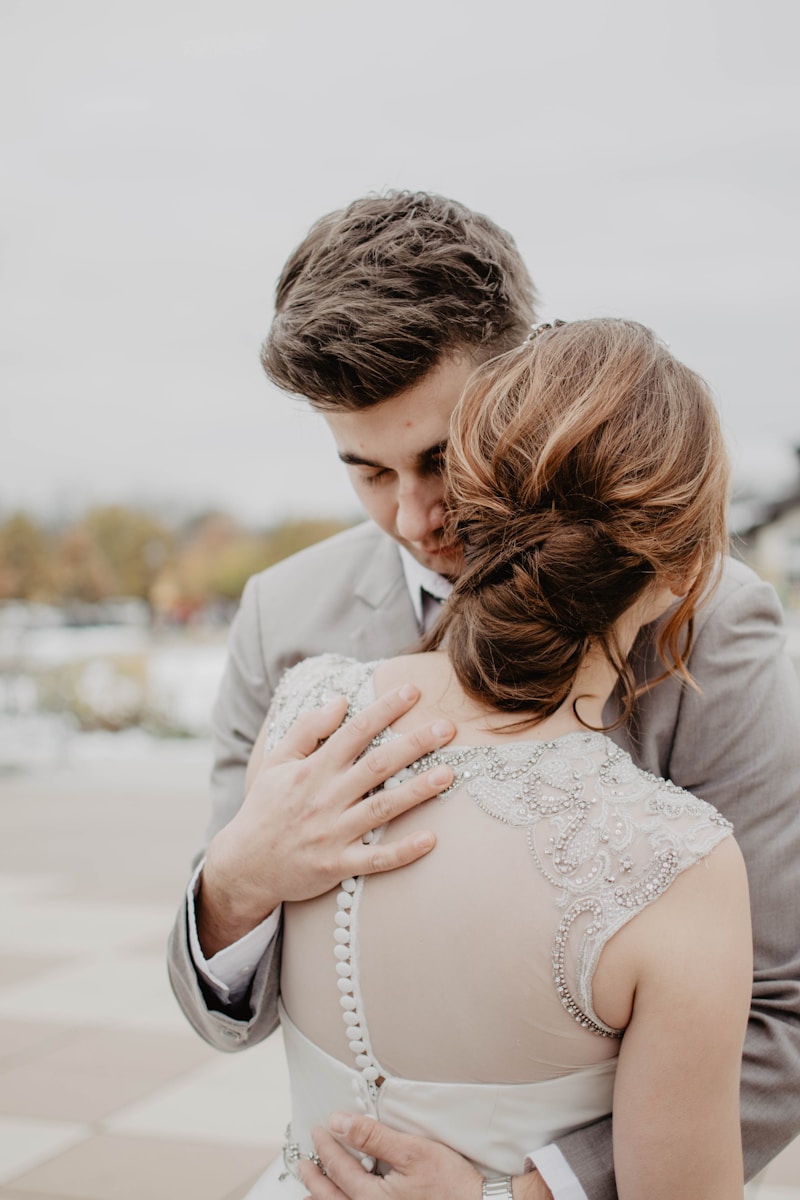Exploring Customs and Beliefs in Matrimony: A Global Perspective
Understanding Customs and Beliefs in Matrimony
Matrimony is not merely the union of two individuals; it is a cultural manifestation of traditions, beliefs, and practices unique to each community worldwide. Understanding the customs and beliefs surrounding marriage can offer profound insights into various cultural identities and social structures. This article delves into the diverse customs and beliefs in matrimony, emphasizing their significance and variations across different cultures.
The Significance of Customs in Marriage
Customs in marriage ceremonies often reflect a community's values, historical perspectives, and social norms. They serve several purposes, such as:
- Preserving Traditions: Many marriage customs have been passed down through generations, helping to preserve a community's history and identity.
- Symbolizing Unity: Customs often symbolize the union of families and communities, fostering bonds between participants.
- Cultural Expression: Marriage ceremonies are often elaborate displays of cultural heritage, providing an opportunity for creative expression.
Common Customs Around the World
The traditions surrounding matrimony vary immensely across different cultures. Here are some notable customs from various regions:
| Region | Custom | Description |
| Africa | Dowry Payment | The groom's family pays a dowry to the bride's family, symbolizing the groom's commitment. |
| India | Mehendi Ceremony | A pre-wedding ritual where intricate henna designs are applied to the bride's hands and feet. |
| Japan | Shinto Ceremony | A traditional wedding held at a Shinto shrine, incorporating rituals to honor ancestors. |
| Western Countries | Exchanging Rings | Rings symbolize eternity, often exchanged during the wedding ceremony. |
Beliefs Shaping Marriage Practices
Beliefs can profoundly influence how marriage customs are observed. Below are some prominent beliefs that shape marriage practices globally:
- Religious Beliefs: Many cultures incorporate religious rituals into their marriage customs, reflecting spiritual significance.
- Gender Roles: Traditional views of gender roles often dictate responsibilities and expectations within a marriage.
- Family Involvement: In many cultures, marriage is seen as a union of families rather than just individuals, highlighting the importance of family in the marital decision-making process.
Case Studies of Matrimonial Customs
To illustrate the diversity in matrimonial customs, consider the following case studies:
African Traditions
In various African cultures, marriage is a communal event. The dowry system, which involves the groom's family compensating the bride's family, is a prevalent practice. This custom reinforces the value of the bride and showcases the groom's ability to provide.
Indian Matrimonial Customs
Indian weddings are known for their grandeur and elaborate rituals. The Mehendi ceremony is significant, where the bride's hands and feet are adorned with henna designs, symbolizing beauty and joy. Additionally, the concept of arranged marriages is prevalent, with family involvement playing a critical role in mate selection.
Modern Western Weddings
In western cultures, marriage ceremonies have evolved, incorporating both religious and secular elements. The exchange of wedding rings is a common practice, symbolizing the eternal bond between the couple. Many weddings also include personal vows, allowing couples to express their feelings uniquely.

Challenges and Changes in Matrimonial Customs
While traditions play a significant role in marriage, modern influences challenge and reshape these customs. Factors contributing to these changes include:
- Globalization: Exposure to different cultures through media and travel leads to blending and altering traditional customs.
- Changing Gender Roles: As gender norms evolve, traditional expectations around marriage roles are changing, promoting more egalitarian practices.
- Individualism: Increasing individual choice in partner selection reflects a shift from communal decision-making to personal preferences.
Conclusion
Customs and beliefs in matrimony highlight the rich tapestry of human culture, reflecting the values, histories, and social structures of communities worldwide. Understanding these traditions helps to foster respect and appreciation for the diversity of marital practices. As cultures continue to evolve, so too will the customs surrounding matrimony. It's essential for individuals to honor their heritage while also acknowledging the changing nature of relationships in the modern world. Therefore, whether you're planning a wedding or exploring your roots, understanding matrimonial customs can deepen your appreciation for love's universal language.
Suggestions for Exploring Matrimonial Customs
If you're interested in marriage traditions, consider the following tips:
- Research local customs before attending a wedding ceremony to ensure respect for traditions.
- Engage in discussions with family members about their marriage experiences to learn about your family's history.
- Explore cross-cultural marriage practices to gain insights into different perspectives on love and commitment.
By embracing the customs and beliefs that define matrimony, we can celebrate the commonalities and differences that enrich our understanding of this fundamental human experience.